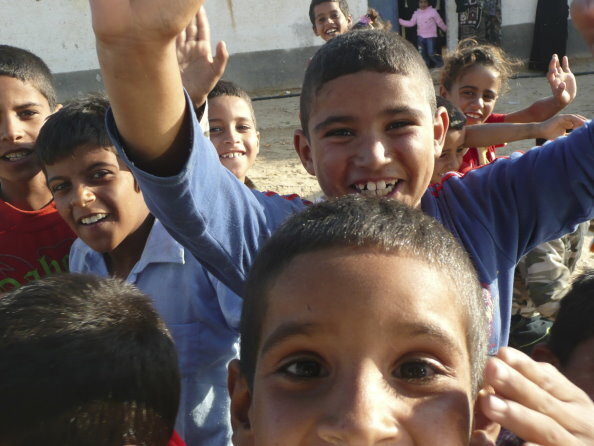
EU adopts new rules to significantly cut packaging waste with re-use targets
The European Union has formally adopted a regulation on packaging and packaging waste. The new ...

The number of children who are out of school is expected to increase by a further 5 million by 2030.
On the occasion of UN Education Day, Hamed Al Hammami, Director of UNESCO Regional Bureau for Education in the Arab States, said “The magnitude of people on the move has threatened a whole generation, overwhelmed host communities, straining already limited resources and increasing social tensions.”
“We cannot afford to let these children and youth miss out on education. Inclusive, quality education is their right, their hope and their future.”
UNESCO and WFP are committed to ensuring that the most vulnerable girls and boys get quality education, something listed by the UN Sustainable Development Goals as being key to improving people’s lives and development.
“This year WFP is planning to reach more than five million children in the region with school feeding,” said Muhannad Hadi, WFP Regional Director for the Middle East, Central Asia and Eastern Europe. “WFP School meals programs have proved their value in the most challenging and complex environments of all – the aftermath of emergencies and during protracted crises.”
Over the past decade, conflict has affected many countries and millions of people in the region, threatening development gains and progress across all sectors. This has created an unprecedented humanitarian crisis, with massive internal and cross-border forced migration.
In the MENA region, WFP is supporting school feeding programs in 11 countries to boost school attendance rates, reduce gender learning gaps and contribute to children’s health and learning capacity. Especially in times of crises, these programs can provide a wider school-based package encouraging resilience and stability by protecting the students from danger and enhancing social cohesion among host and refugee communities.
UNESCO and WFP are working with the education ministries of Iraq, Syria and Yemen to develop those countries’ education management information systems.
Investing in quality education and school feeding programs in emergency settings is a development and security imperative for stability and lasting peace in the region, one that both agencies are determined to promote.
The European Union has formally adopted a regulation on packaging and packaging waste. The new ...
Inaugurating the Abydos Solar Power Plant in the Upper Egypt governorate of Aswan represents a ...
Businesses that fail to adapt to climate risks like extreme heat could lose up to ...


اترك تعليقا